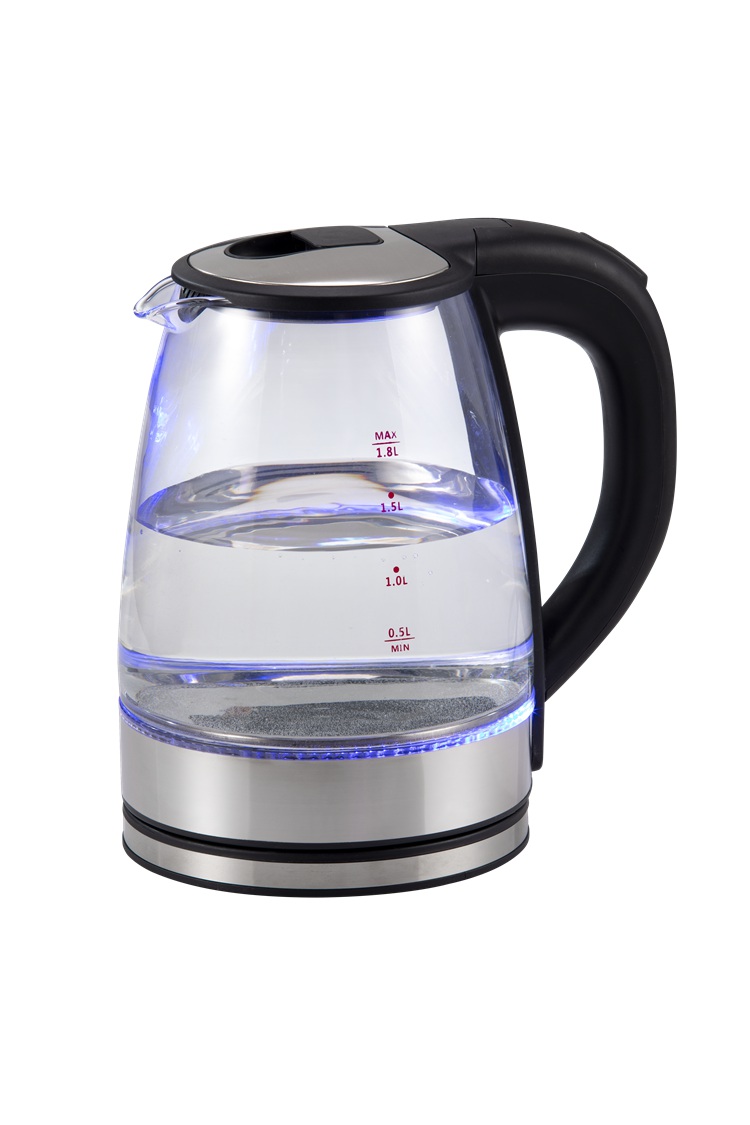
There are several factors to consider when determining which kettle is the most energy efficient. These factors include the material the kettle is made of, the wattage of the kettle, and the design and features of the kettle. Here are a few kettles that are known for being energy efficient:
1. electric kettles with Lower Wattage: Kettles with lower wattage consume less electricity. Look for kettles with wattages below 1500 watts as they tend to be more energy efficient.
2. Stainless Steel Kettles: stainless steel kettles are known for their durability and heat retention properties. They heat up quickly and retain heat for longer, meaning they use less energy to boil water.

3. Insulated Kettles: Insulated kettles are designed to keep water hot for longer periods of time. This means that once the water has reached the boiling point, the kettle can be turned off and the water will stay hot. This saves energy as the kettle does not continuously reheat the water.
4. Variable Temperature Kettles: Kettles with variable temperature settings allow you to heat water to specific temperatures such as 175°F (80°C) for green tea or 200°F (90°C) for coffee. By setting the kettle to the desired temperature, you can avoid heating the water to boiling point unnecessarily, saving energy.
5. Induction Kettles: Induction kettles use electromagnetic induction technology to heat only the water inside the kettle, rather than the entire kettle. This targeted heating reduces energy consumption as it eliminates wasted heat.
6. Solar-Powered Kettles: Solar-powered kettles use the sun's energy to heat water. They consist of solar panels that collect and convert sunlight into energy for heating water. While these kettles are highly energy efficient, they are limited in terms of usability on cloudy days or in areas with limited sunlight.
It is important to note that some kettles may be more expensive initially, but their energy-saving features can save you money on your electricity bills in the long run. Furthermore, using a small kettle can also save energy as it will heat up a smaller volume of water compared to a larger kettle.
In conclusion, the most energy-efficient kettle will depend on your specific needs and preferences. Consider factors such as wattage, material, design, and usage patterns when choosing a kettle that suits your energy-saving goals.